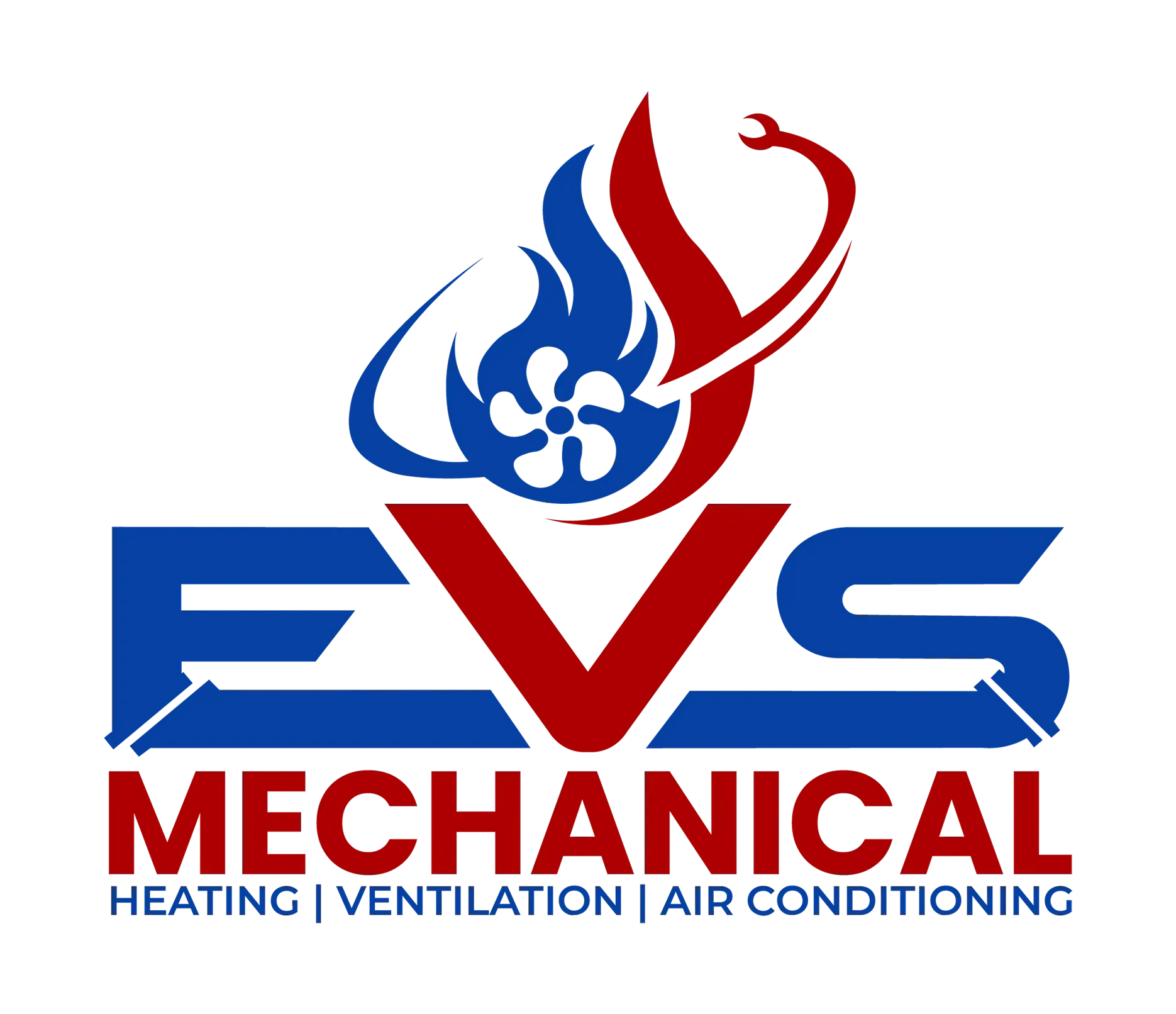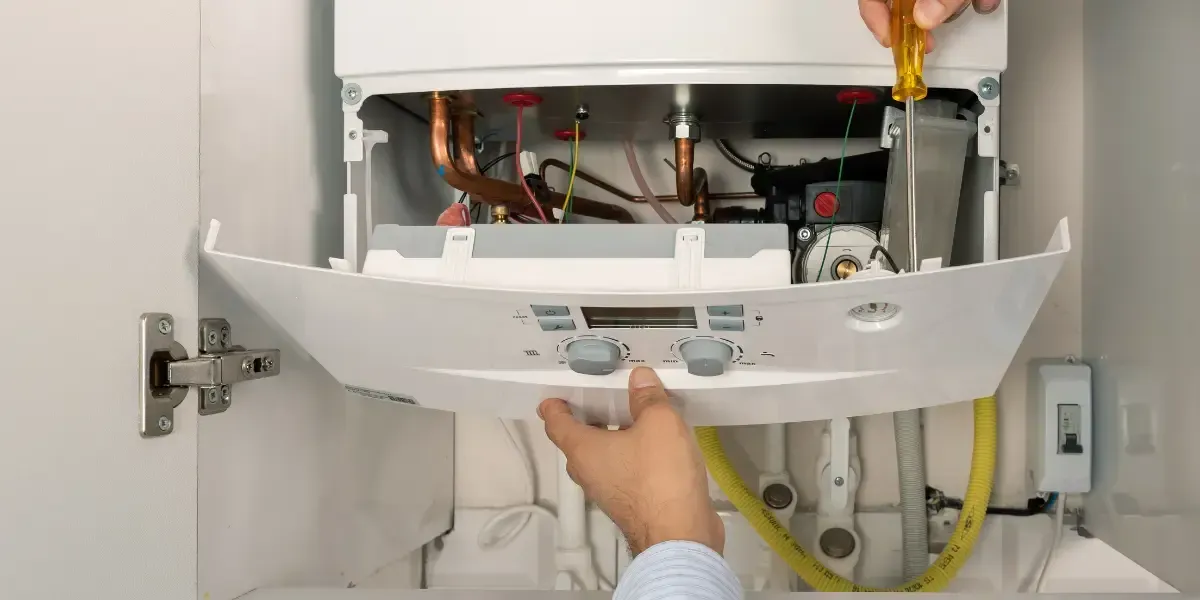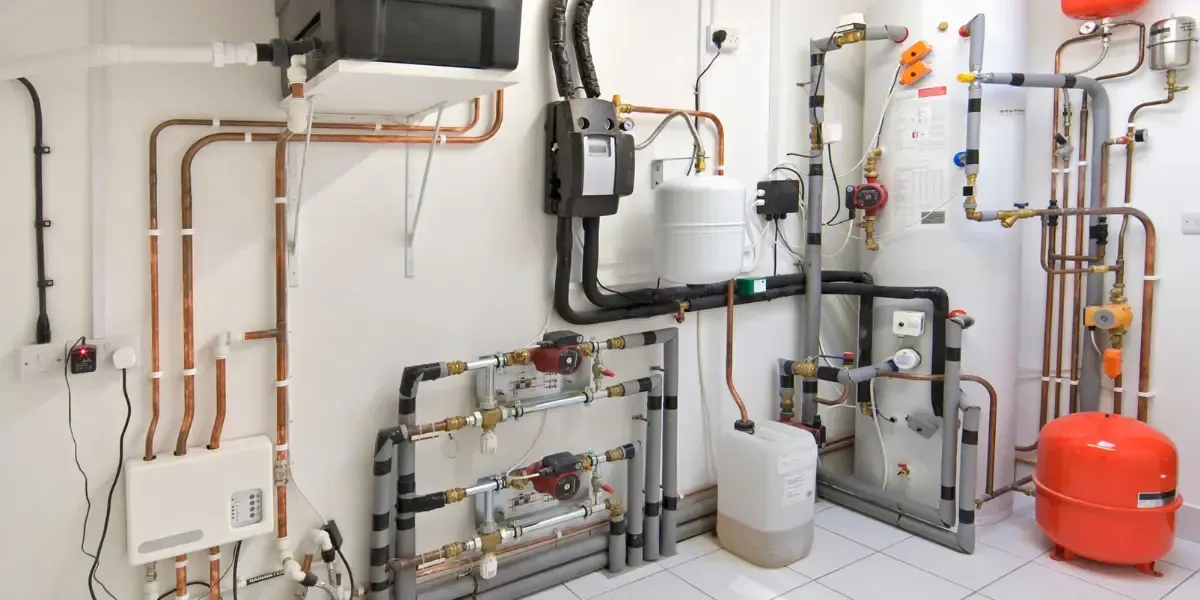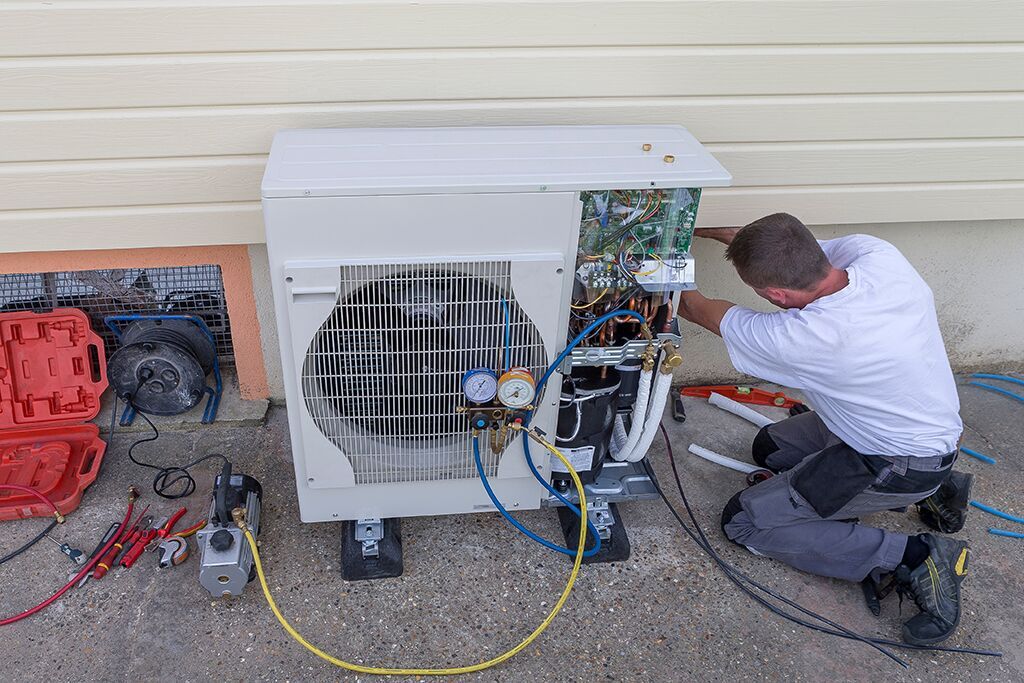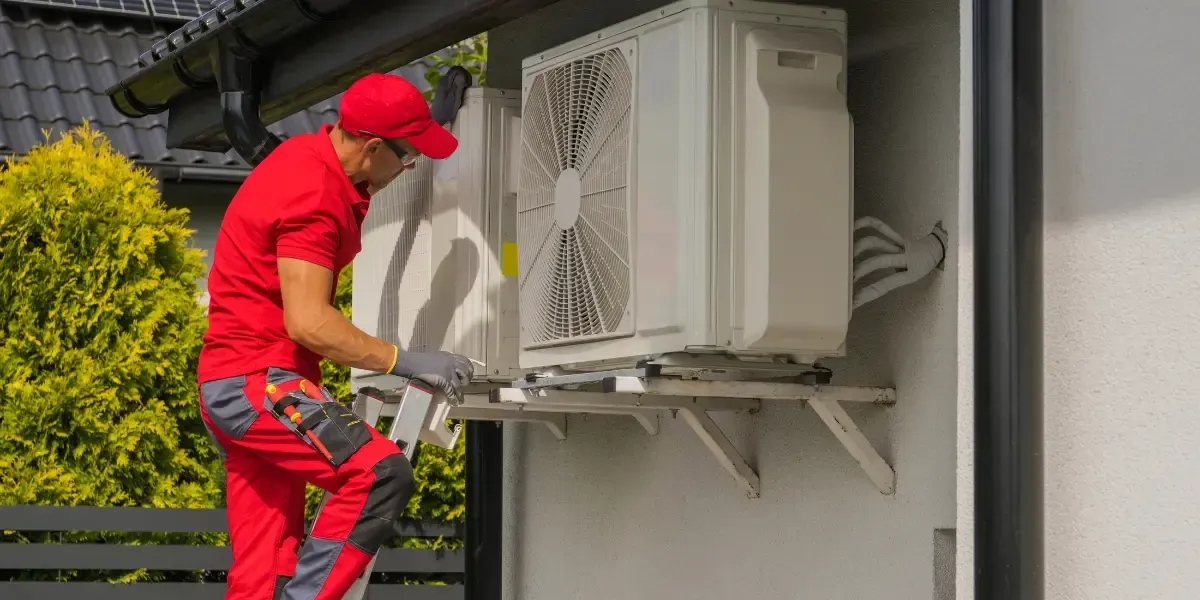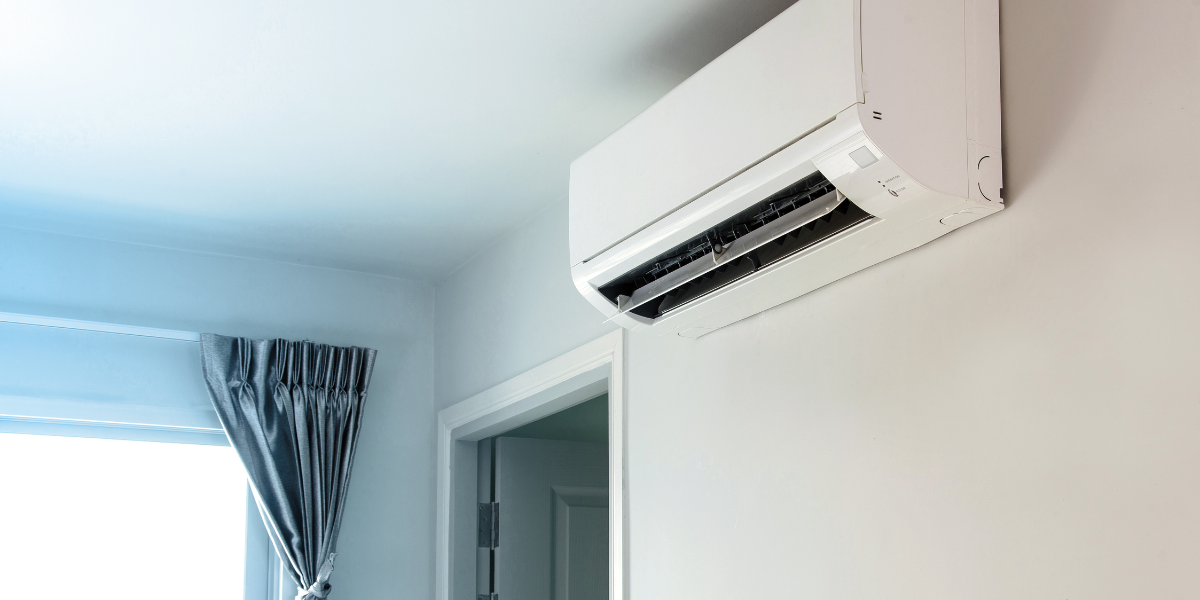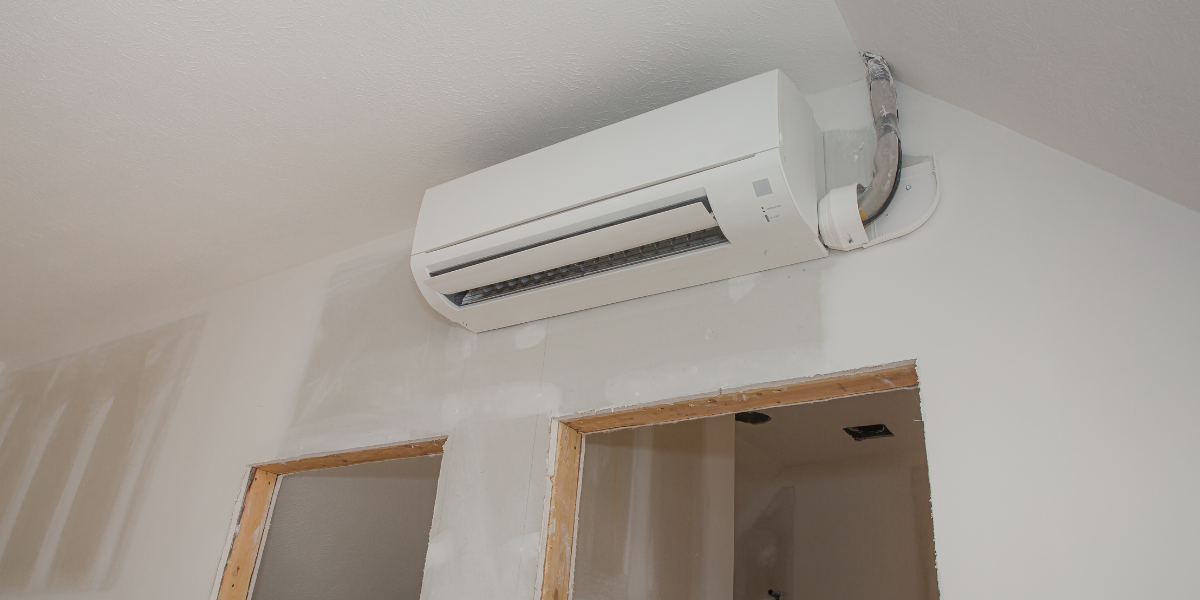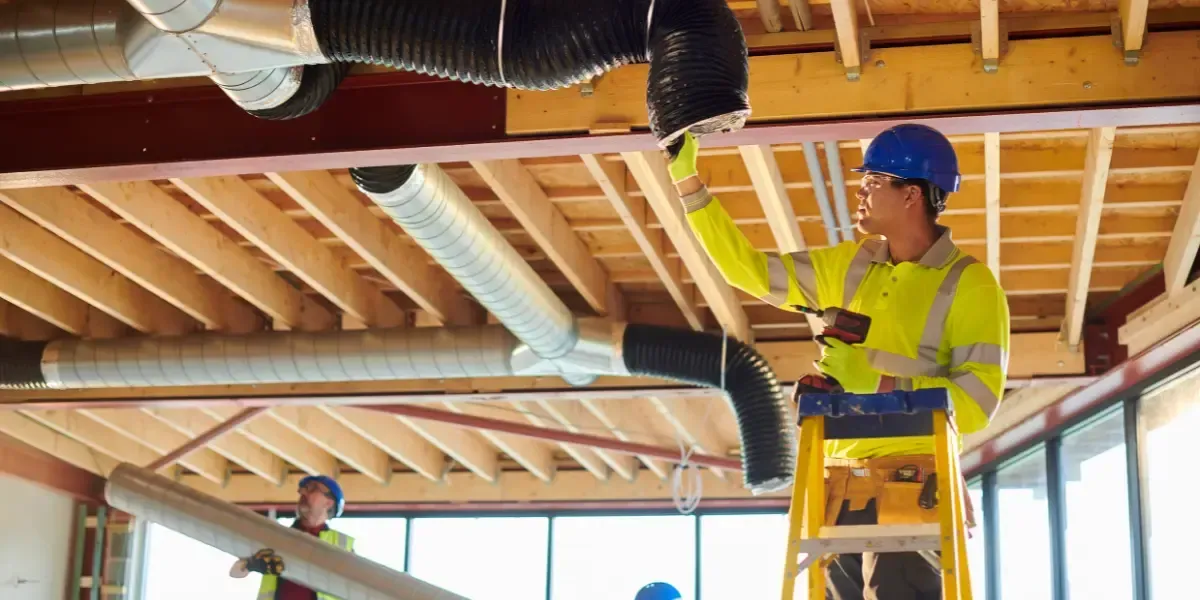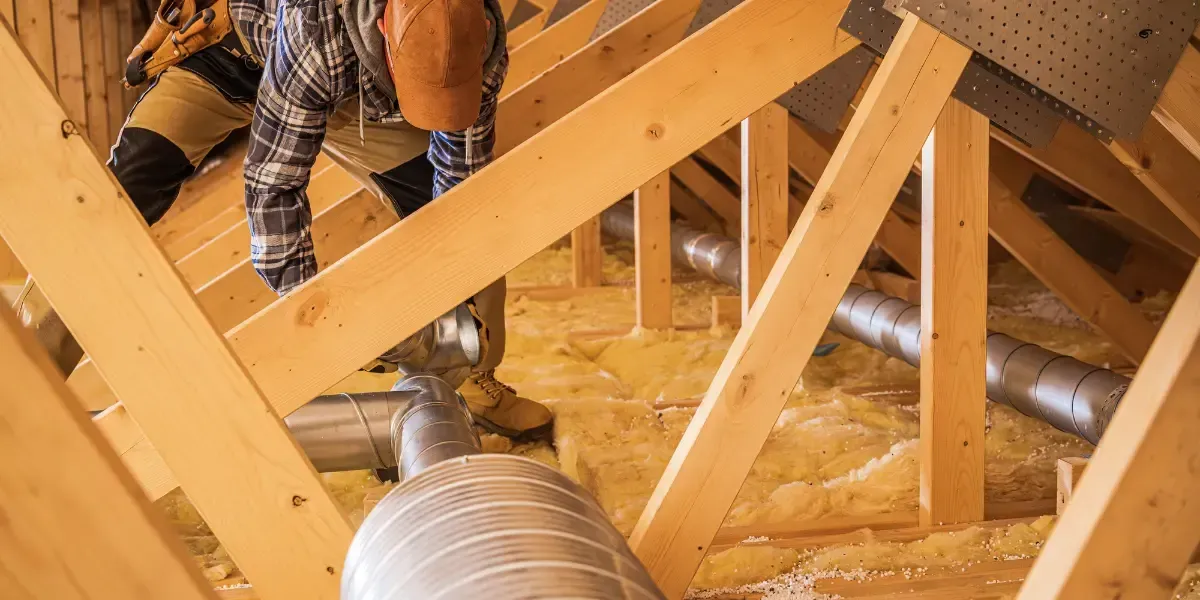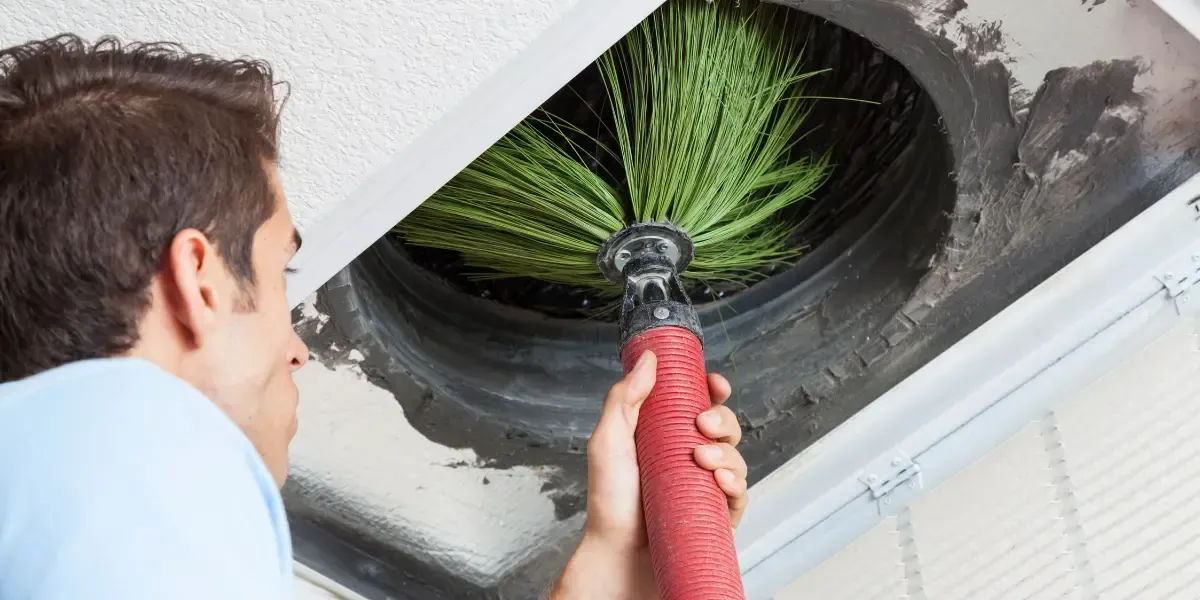BLOG
How Long Does a Gas Furnace Last? Find Out Here!
A gas furnace is a vital part of any home, ensuring warmth and comfort during cold seasons. If you’re a homeowner, you may be wondering, how long does a gas furnace last? Understanding the average lifespan of a gas furnace, as well as the factors that influence its longevity, can help you make informed decisions about maintenance, repairs, and eventual replacement.
In this guide, we’ll explore the typical lifespan of a
gas furnace, signs that it’s time for a replacement, and how you can extend the life of your heating system.
Key Takeaways
- Most gas furnaces last between 15 to 20 years, with proper maintenance extending their lifespan even further.
- Proper installation, regular maintenance, and frequency of use all play a crucial role in determining how long your furnace will last.
- Increased energy bills, frequent repairs, and inconsistent heating are major indicators that your furnace may need to be replaced.
- Routine inspections, timely repairs, and efficient air filters can help prolong your furnace’s operational life.
- Working with experienced HVAC technicians like EVS Mechanical Inc. can help you maximize the efficiency and durability of your furnace.
Average Lifespan of a Gas Furnace
On average, a gas furnace is designed to last between 15 to 20 years. However, with regular maintenance and proper care, some units can last up to 30 years. Over time, efficiency declines, which can lead to increased energy consumption and higher heating costs.
Many factors contribute to the longevity of a gas furnace, including how frequently it is used, the quality of its installation, and how well it is maintained.
Factors Affecting Furnace Longevity
1. Quality of Installation
A furnace that is installed correctly by certified professionals will function more efficiently and last longer. Poor installation can lead to operational issues, decreased efficiency, and even potential safety hazards.
2. Regular Maintenance
Routine maintenance is one of the most important factors in ensuring your gas furnace lasts as long as possible. Annual inspections, timely repairs, and regular air filter replacements prevent minor issues from becoming major problems.
3. Usage Patterns
A furnace that runs continuously in extremely cold climates may experience more wear and tear, shortening its lifespan. Homeowners in milder climates may find that their furnace lasts longer due to less frequent usage.
4. Air Quality
Poor indoor air quality can lead to dust and debris clogging your furnace, which can reduce efficiency and lead to system failures. Using high-quality air filters and keeping vents clean can significantly impact the longevity of your unit.
5. Timely Repairs
If you notice strange noises, inconsistent heating, or rising energy bills, it’s important to have your furnace inspected and repaired quickly. Delaying repairs can lead to more costly damages and shorten your furnace’s lifespan.
Signs It’s Time to Replace Your Furnace
Even with proper maintenance, every furnace eventually reaches the end of its lifespan. Here are some key warning signs that indicate it might be time for a replacement:
- Frequent Repairs: If you’re constantly calling for furnace repairs, it may be more cost-effective to replace the unit altogether.
- Higher Energy Bills: A sudden spike in heating costs may indicate that your furnace is no longer running efficiently.
- Uneven Heating: If some rooms in your home are colder than others, your furnace may be struggling to distribute heat properly.
- Strange Noises: Rattling, popping, or screeching sounds can be signs of worn-out components.
- Yellow Pilot Light: A healthy furnace should have a blue pilot light. A yellow flame could indicate carbon monoxide buildup, which is a serious safety concern.
How to Extend the Life of Your Furnace
1. Schedule Annual Professional Inspections
Having an HVAC technician perform a yearly inspection can help identify and fix small issues before they become major problems.
2. Change Air Filters Regularly
A clogged air filter can restrict airflow, causing your furnace to work harder than necessary. Depending on the type of filter, it should be changed every 1-3 months.
3. Keep Vents and Ducts Clean
Blocked or dirty vents can reduce efficiency and put unnecessary strain on your system. Regularly vacuuming vents and ducts can help keep your furnace running smoothly.
4. Monitor Humidity Levels
Excess moisture can cause internal components to rust, leading to breakdowns. Using a humidifier or dehumidifier can help maintain proper humidity levels.
5. Invest in a Smart Thermostat
A programmable or smart thermostat can help reduce wear and tear by optimizing your heating schedule and reducing unnecessary furnace use.
How EVS Mechanical Inc. Can Help You
At EVS Mechanical Inc., we specialize in providing top-notch heating solutions that keep your home warm and comfortable. Whether you need a new furnace installation, regular maintenance, or emergency repairs, our team of experienced HVAC professionals is here to help.
Why You Should Choose EVS Mechanical Inc.
- Certified Technicians: Our team consists of highly trained, licensed professionals with years of experience.
- Comprehensive Services: We offer furnace installation, maintenance, and repair to ensure your system runs smoothly.
- Customer Satisfaction: Our priority is ensuring that your home remains comfortable and energy-efficient.
- Affordable Pricing: We provide transparent pricing and competitive rates with no hidden fees.
- Emergency Services: We’re available for
urgent furnace repairs, so you never have to endure the cold for long.
Conclusion
A well-maintained gas furnace can last 15-20 years or more. However, various factors like installation quality, maintenance routines, and usage patterns can influence its lifespan. If you’re experiencing frequent repairs, high energy bills, or inconsistent heating, it may be time for an upgrade.
At
EVS Mechanical Inc., we are dedicated to helping homeowners get the most out of their heating systems. Contact us today for expert
furnace services, and let us help you maintain a warm and efficient home!
FREquently Asked Questions
What is the average lifespan of a gas furnace?
Most gas furnaces last 15 to 20 years, but with proper maintenance, some units can reach up to 30 years.
How can I tell if my furnace needs to be replaced?
Signs that you may need a new furnace include frequent repairs, rising energy bills, uneven heating, and strange noises coming from the unit.
What can I do to extend my furnace’s lifespan?
Routine maintenance, changing air filters, scheduling professional inspections, and keeping vents clean can help extend your furnace’s life.
How often should I replace my furnace filter?
Depending on the type of filter, you should replace it every 1 to 3 months to maintain airflow and efficiency.
Should I repair or replace my old furnace?
If your furnace is over 15 years old and requires frequent, costly repairs, replacing it with a more energy-efficient model may be the best option.

